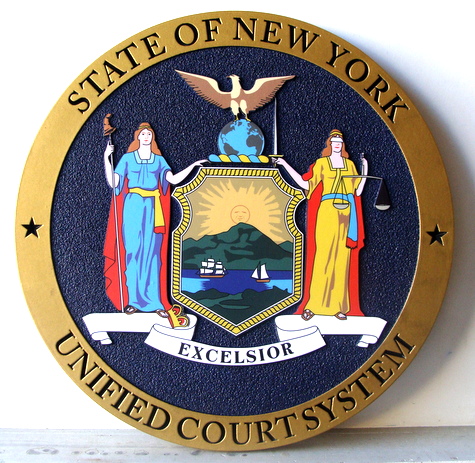- WHAT IS DOMESTIC VIOLENCE
- HOW CASES START
- FALSE DOMESTIC VIOLENCE CHARGES
- WHAT WE DO
- BROOKLYN IDV COURT
- FELONY DOMESTIC VIOLENCE CASES
- DOMESTIC VIOLENCE TRIALS
- ORDERS OF PROTECTION CASES
- BROOKLYN CRIMINAL COURT

BROOKLYN DOMESTIC VIOLENCE CHARGES
WHAT IS DOMESTIC VIOLENCE?
New York state has a very broad understanding of domestic violence. Millions of dollars are spent every year by the state to stop domestic violence. Yet, not one dollar is spent on fighting false domestic violence charges.The information below comes from the New York state website.
Domestic violence is when one person does a variety of things to control another person in an intimate relationship. The shift in power can happen very slowly, over a period of time, so that the other person cannot even remember when it happened. Or it can happen very quickly after there is some sort of commitment or some change in the level of intimacy.
Many people wonder if what is happening to them is domestic violence because their partner has never hit them. Physical abuse is probably what most people think of when they think about domestic violence, but it is just one of the many ways that your partner might try to gain power and control in your relationship.
Ways a person might try to gain power and control over their partner include:
Isolation - making it hard for you to see your friends and family; telling you that your friends and family cause problems in the relationship or are trying to "come between you."
Economic abuse - having complete control over the money; making you account for every penny you spend; taking your money from you.
Verbal, emotional, psychological abuse - calling you names; putting you down or embarrassing you in front of other people; criticizing your abilities as a partner or parent.
Intimidation - making you afraid with a look, action, or gesture; getting you to do something by reminding you about "what happened last time."
Coercion and threats - showing you a weapon and threatening to use it on you; threatening to "out" you to family, friends, or employers if you are gay or lesbian; threatening to harm your family, friends, or anyone you might go to for help.
Physical abuse - pushing, grabbing, hitting, slapping, punching, or kicking you.
Sexual abuse - forcing you to have sex when you don't want to; making you engage in sexual acts that make you uncomfortable; forcing you to engage in prostitution.
Using children - undermining your authority with your children; threatening to take the children away from you by kidnapping or getting custody of them; "pumping" your children for information about you.
Minimizing, denying, blaming - making you think the abuse is your fault; saying the abuse was caused by stress, alcohol, or problems at work; denying that the abuse happened at all.

